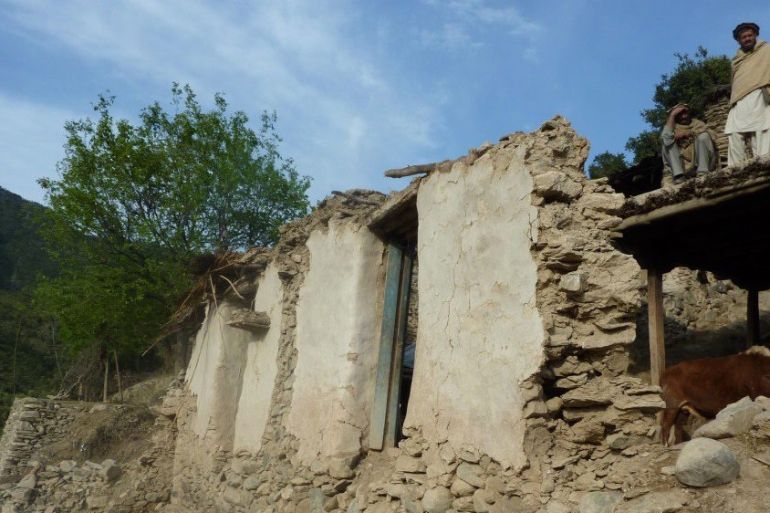First US raids target Afghan Taliban since Obama order
“Couple” of air strikes follow US president’s decision to expand Pentagon’s involvement in fight against the Taliban.

Officials say the US has launched its first air strikes against the Taliban in Afghanistan since President Barack Obama’s decision earlier this month to expand his country’s involvement against the fighters.
The American officials said on Friday that the strikes began last week and were against Taliban targets in the southern part of the country.
Keep reading
list of 4 itemsPhotos: Tourist numbers up in post-war Afghanistan
Taliban ban on girls’ education defies both worldly and religious logic
Afghanistan calls for ‘respect’ after Cricket Australia snub
Peter Cook, the Pentagon press secretary, declined to provide any details, citing “operational security”.
Within the past week US President Barack Obama gave authority to expand the use of air strikes in Afghanistan.
This is significant because the US is not really at war in Afghanistan any more. It has primarily deployed about 9,800 troops to help with training and assisting the Afghan military.
But we do now know that the first use of this expanded authority has been employed.
Peter Cook, Pentagon press secretary, is not explaining under what circumstances these air strikes are being carried out. We presume they are against members of the Taliban in southern Afghanistan.
He is also refusing to answer questions about whether the US is considering keeping those 9,800 troops past the end of this year.
It had been a longstanding plan by the White House to cut that number in almost half, mainly so that the Afghan military could actually be in full control of security for their country, and so that most American forces who had been deployed in the war there could finally come home.
One senior US official said there had been “a couple” of air strikes, but the US does not want to provide more information because there may be more strikes in that area, including missions with Afghan forces who could be accompanied by US advisers.
The official was not authorised to discuss the operations publicly, so spoke on condition of anonymity.
Brigadier-General Charles Cleveland, US military spokesman in Kabul, said US forces “have conducted a limited number of strikes under these new authorities” but it is “too early to quantify the effects achieved”.
The strikes “are only being used where they may help the Afghans achieve a strategic effect”, Cleveland said.
US officials made it clear when they announced the new authority to hit Taliban targets once again that they would be used only in selective operations that were deemed to have a strategic and important effect on the fight.
Cook said the strikes “hit their intended targets”.
He said the strikes were “part of an ongoing operation that, again, the goal of which would be a strategic effect on behalf of the Afghan forces that we are enabling, and that’s exactly what they were intended to be used for”.
Pressed for more details, Cook refused, saying “these are ongoing operations” and he did not want to be “telegraphing what’s to come to the enemy”.
The war in Afghanistan began in 2001, and the US has been conducting a broad range of operations there ever since.
Wider latitude
Obama decided in early June to expand US involvement with more air strikes against fighters, giving the Pentagon wider latitude to support Afghan forces, both in the air and on the ground.
Since all foreign combat troops pulled out of Afghanistan at the end of 2014, leaving only an advisory and training contingent of international forces behind, the Afghan military has struggled in leading the fight against the Taliban and other fighters.
The 9,800 remaining US troops in Afghanistan are scheduled to drop to 5,500 by the end of this year, but the pace of that decline has yet to be decided.
One factor in determining future troop levels is the extent to which NATO allies are willing to remain involved in training and advising the Afghans.
|
|